
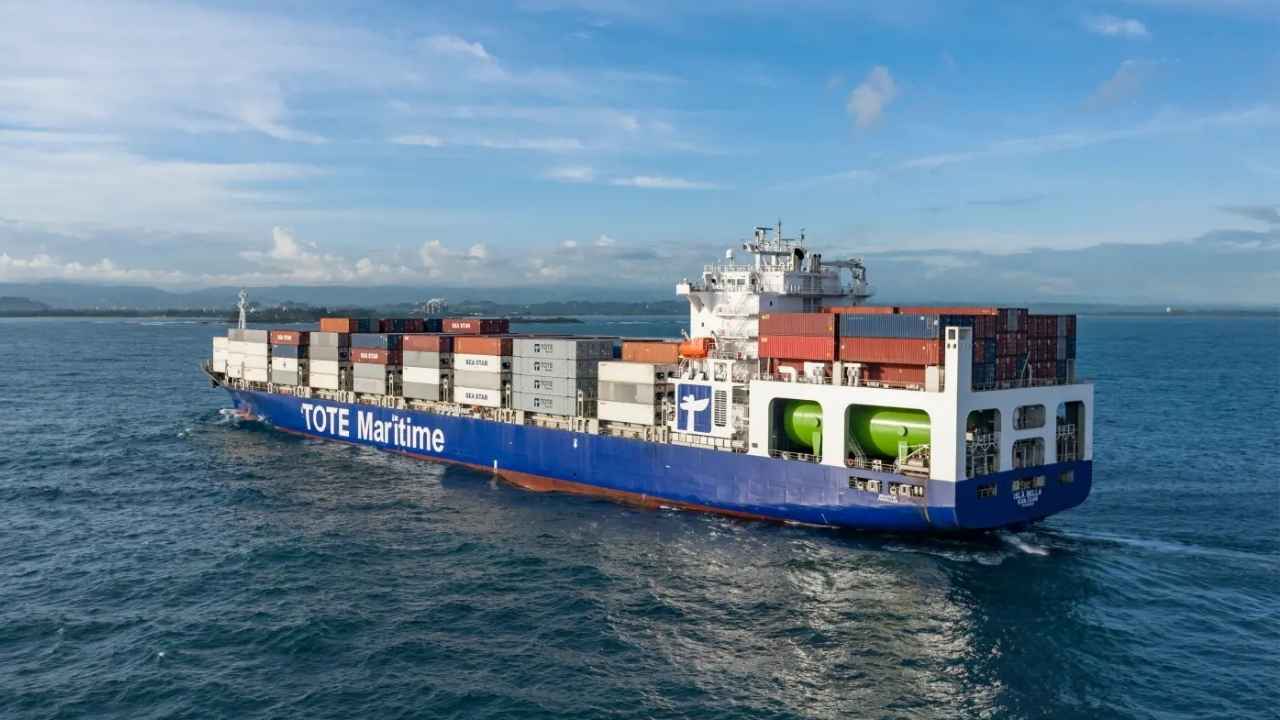
|
Galveston LNG Bunker Port signs vessel partnership with TOTE Services
Agreement establishes framework for Jones Act LNG bunker vessel development on the US Gulf Coast. |
|
|
|
||
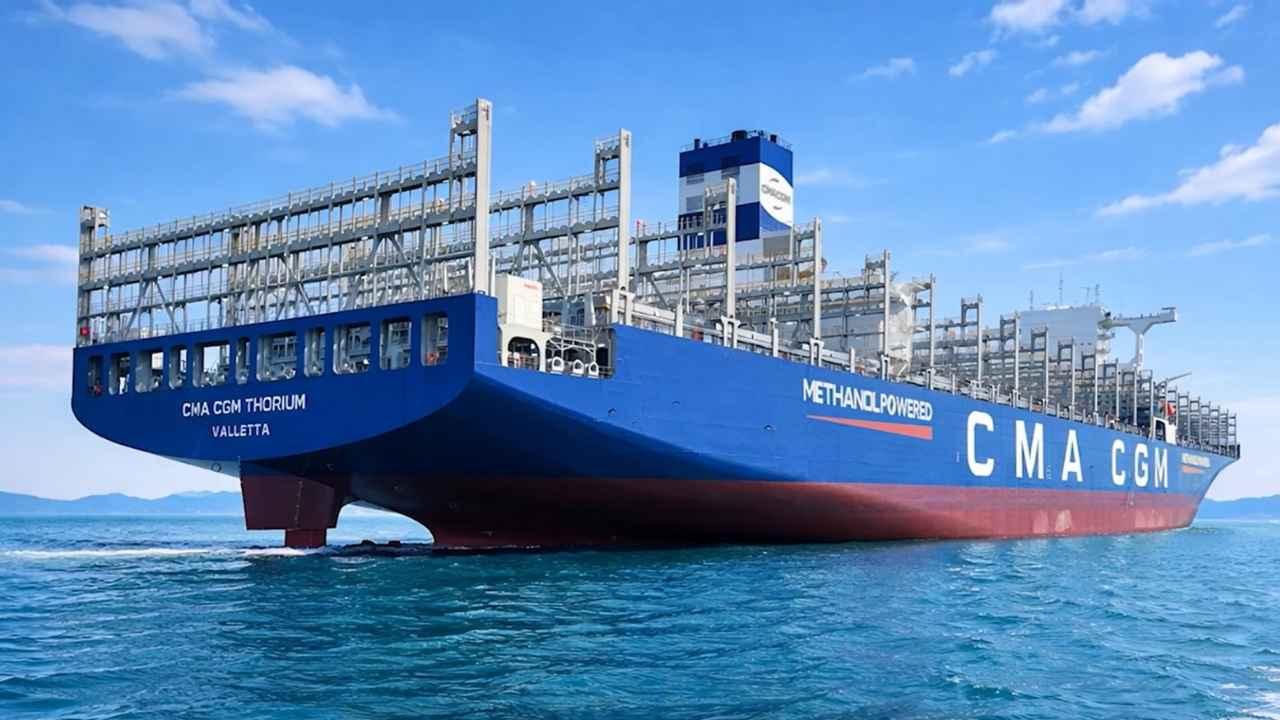
|
CMA CGM adds methanol-powered containership to fleet
CMA CGM Thorium named in South Korea and deployed on Mexico Express service. |
|
|
|
||
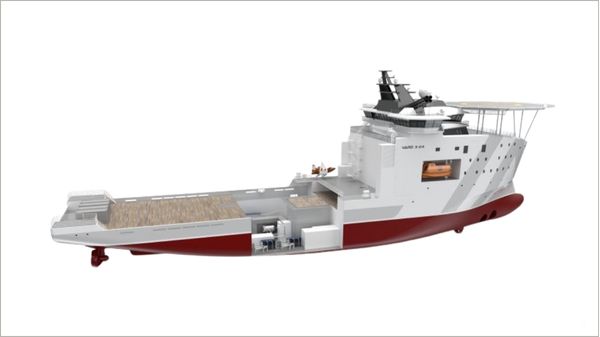
|
Vard completes concept design for nuclear-powered offshore construction vessel
Shipbuilder says study confirms technical feasibility of integrating small fourth-generation reactor in DP vessel. |
|
|
|
||
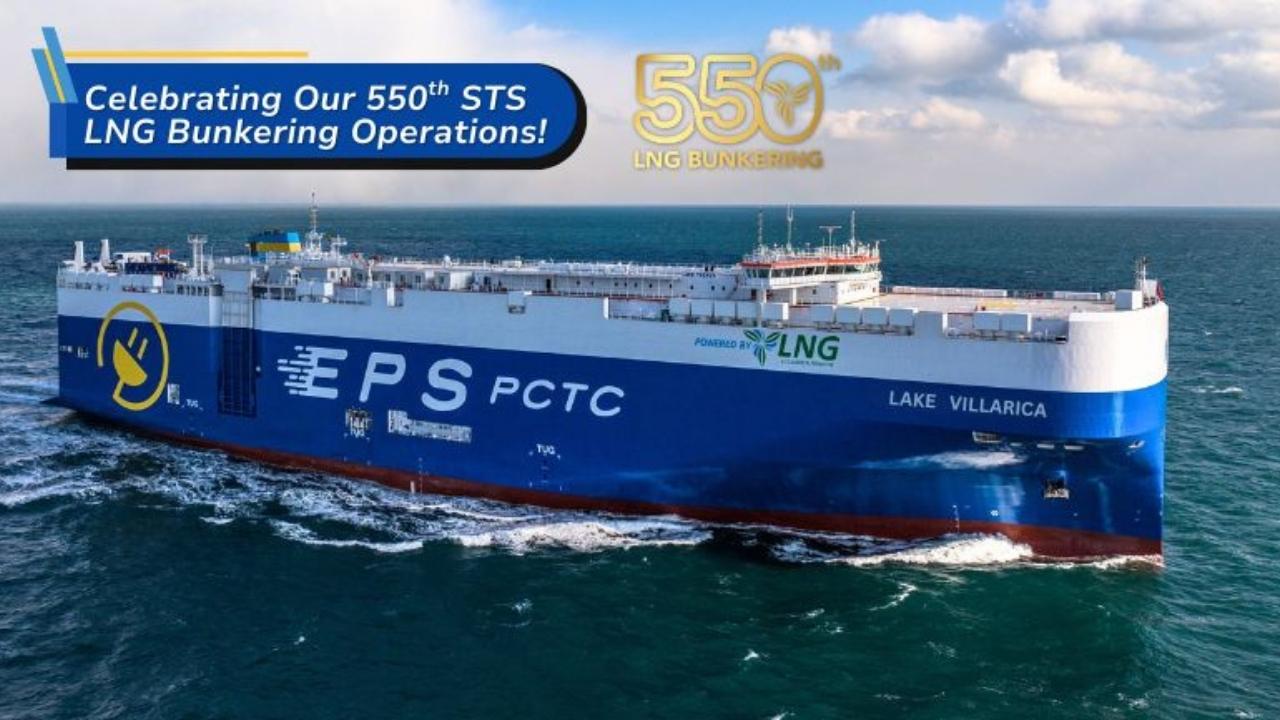
|
Eastern Pacific Shipping completes 550th ship-to-ship LNG bunkering operation
Singapore operation supplied LNG to dual-fuel PCTC Lake Villarica via FueLNG Bellina bunker vessel. |
|
|
|
||
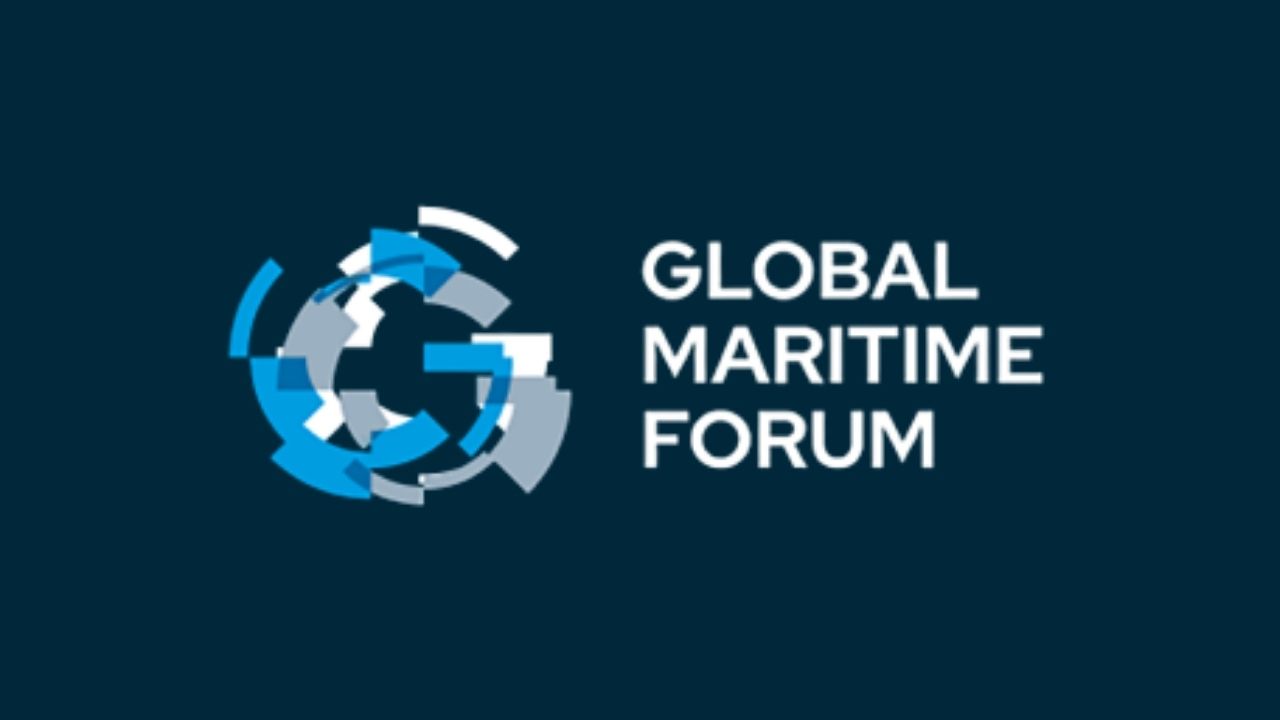
|
Global Maritime Forum joins India green shipping network
Non-profit organisation becomes member of platform focused on alternative-fuel infrastructure and deployment. |
|
|
|
||

|
IACS publishes unified requirement for ammonia release mitigation systems
New framework establishes harmonised standards for the design, testing and certification of safety systems on ammonia-fuelled vessels. |
|
|
|
||

|
Flex Commodities appoints Vaishali Pant as senior marine fuels trader
Pant joins Dubai firm as trader for the Indian Ocean region. |
|
|
|
||

|
Island Oil opens Rio trading desk, appoints Wilson Nobre as Brazil business development manager
Marine fuel supplier establishes Latin American presence with new trading operation in Rio de Janeiro. |
|
|
|
||
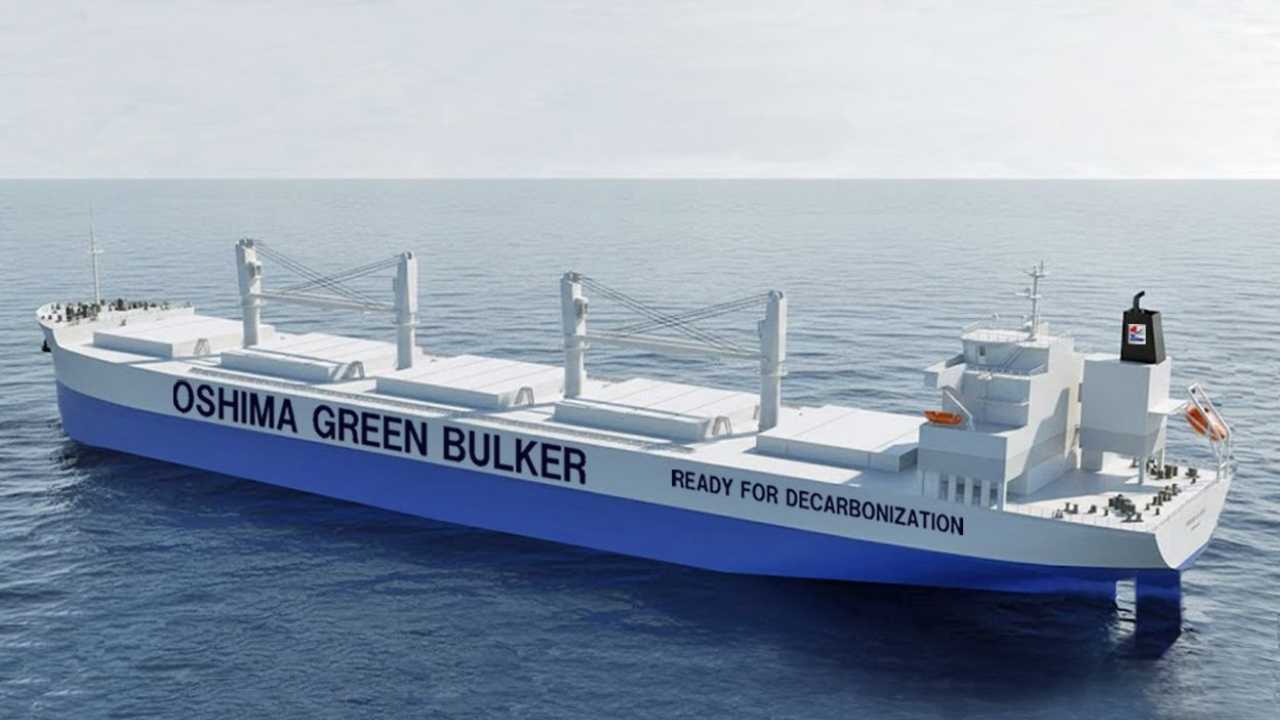
|
Oshima Shipbuilding receives approval for multi-fuel-ready Ultramax bulk carrier design
Lloyd’s Register grants approval in principle for 64,000-dwt vessel concept accommodating ammonia, methanol and LNG. |
|
|
|
||
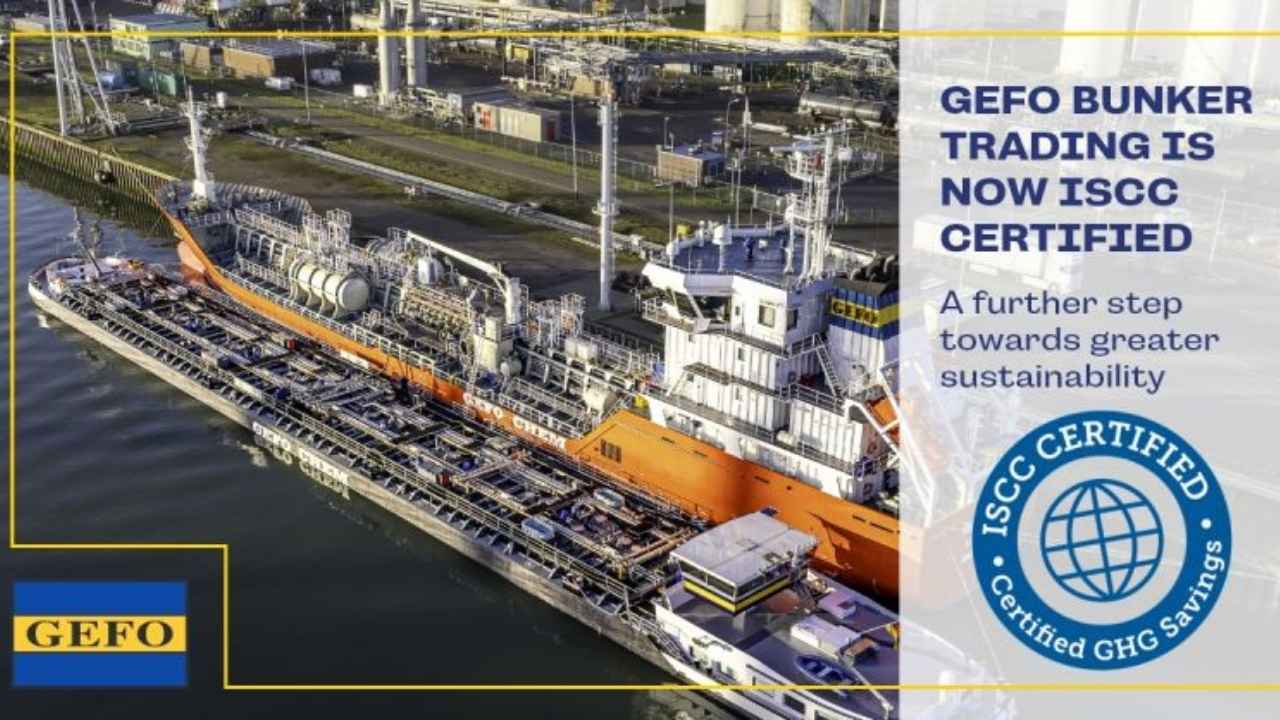
|
GEFO Bunker Trading receives ISCC certification for sustainable marine fuels
German bunker firm gains ISCC EU and ISCC PLUS certificates. |
|
|
|
||
| Finnlines: Higher bunker prices and surcharges support rise in costs and revenue [News & Insights] |
| Finnlines aims to slash bunker costs with new vessel lengthening initiative [News & Insights] |
| Finnlines inks PureSOx scrubber performance agreement [News & Insights] |
| Finnlines profit up as bunker-saving scrubber programme reaps rewards [News & Insights] |